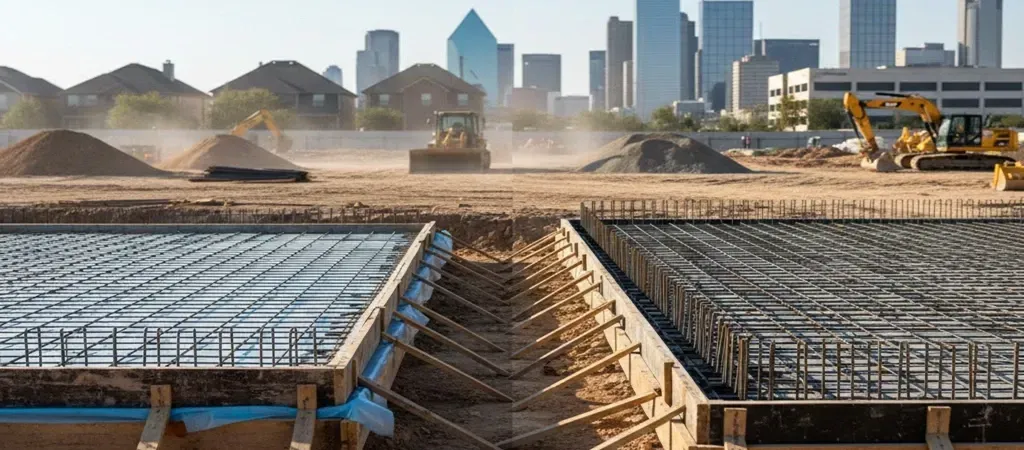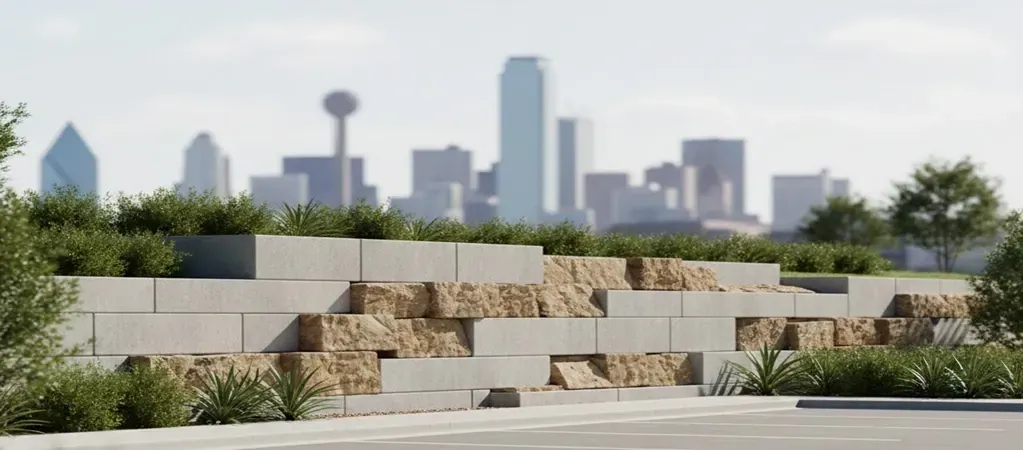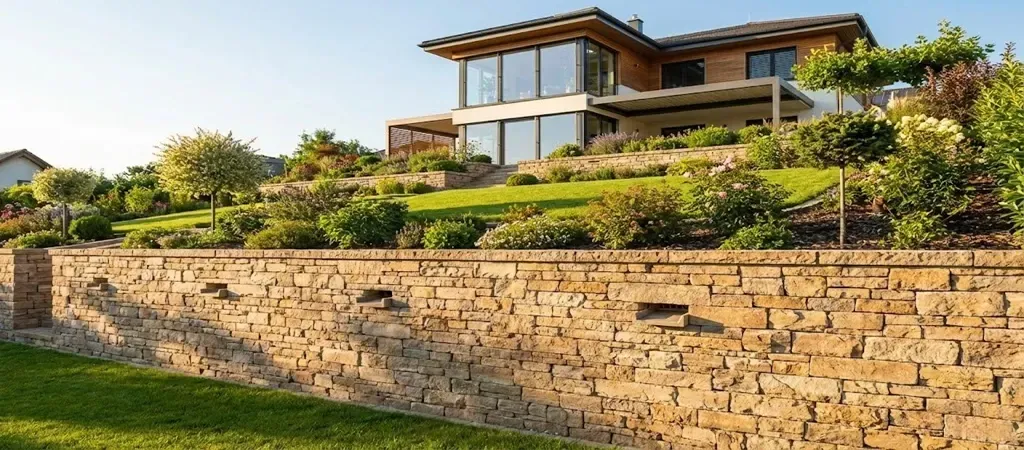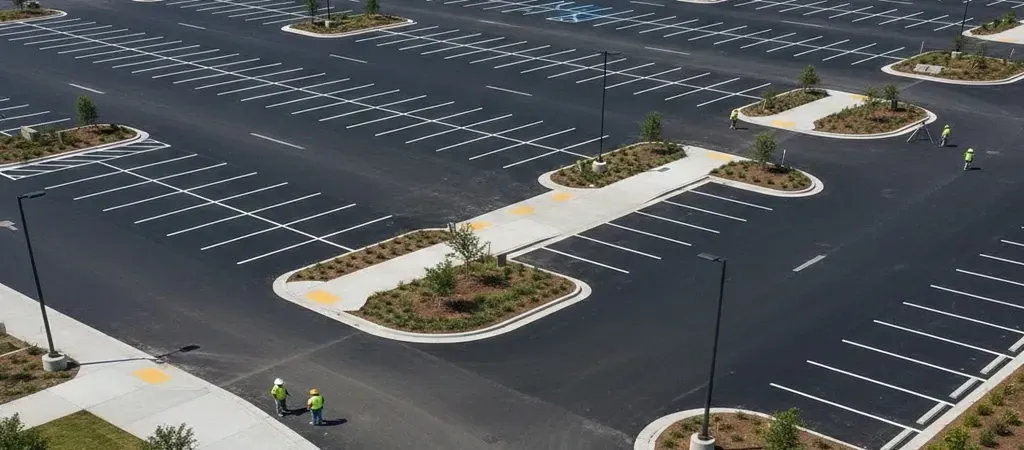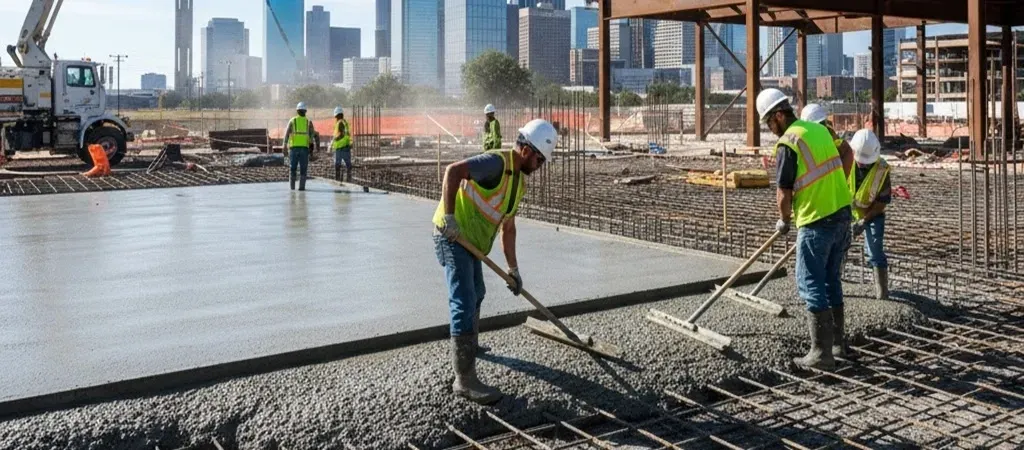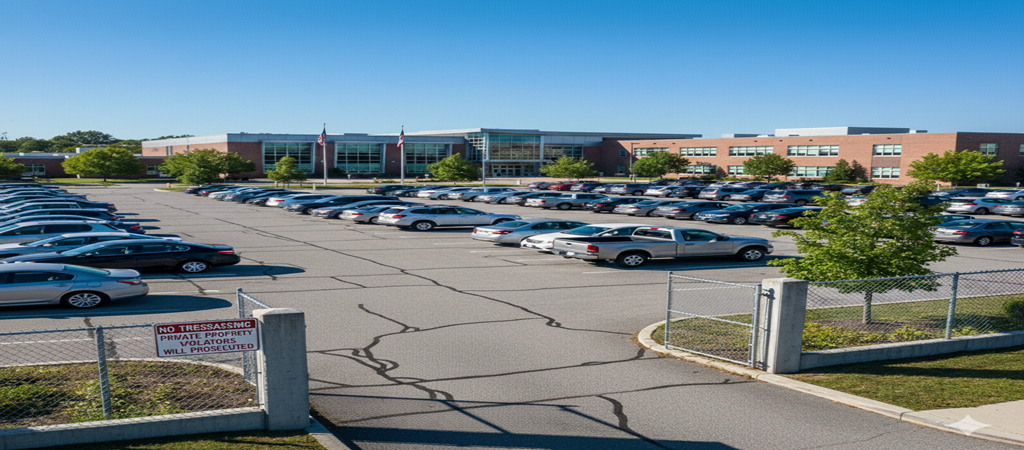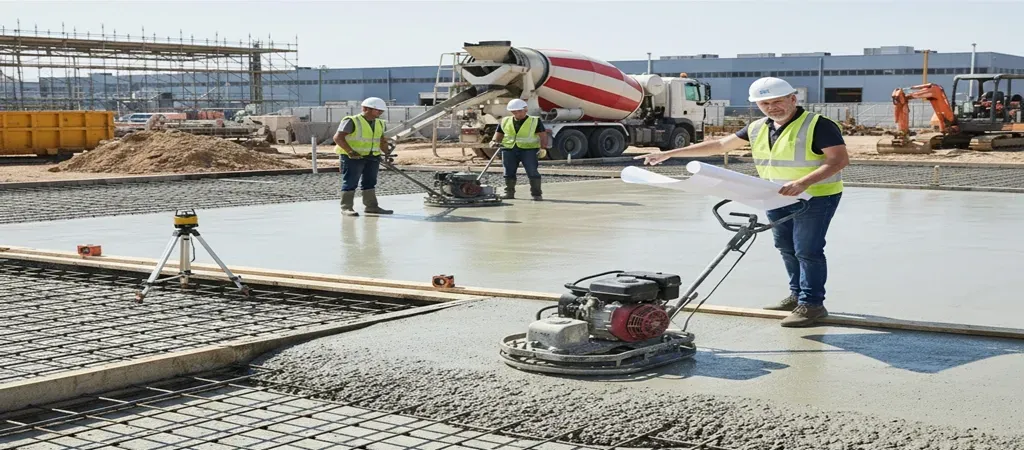Slag Cement vs. Portland Cement: Which Is Better for Your Driveway?
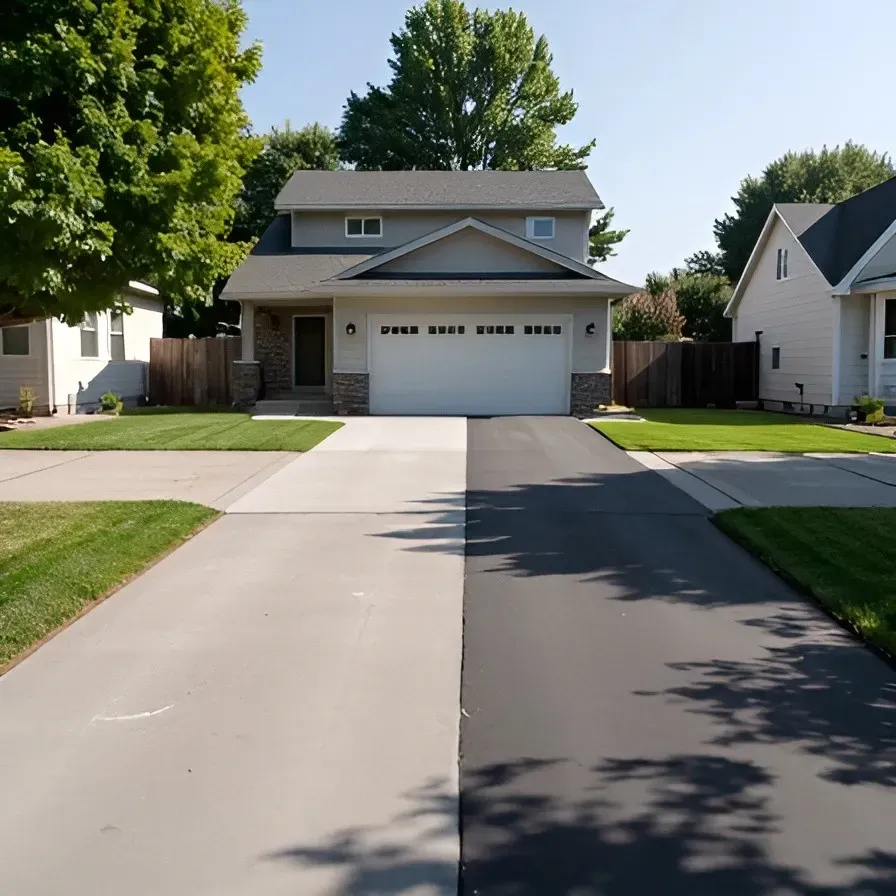
Your driveway isn’t just a parking spot. It's a daily battleground.
Cars. Rain. Heat. Even winter’s brutal de-icing salts. Every day, it takes a hit.
Pick the wrong cement? You’re signing up for cracks, stains, and repairs that cost more than the driveway itself.
Two of the top contenders are Slag Cement and Portland Cement. Both solid. Both durable. But which one wins for your driveway?
Let’s break it down.
Portland Cement 101
The OG of cement and the backbone of the construction industry. Over 200 years in the game and still the world’s go-to.
What Is Portland Cement Made Of?
Rock meets fire—literally.
Limestone, clay, shale, and iron ore get blasted in a kiln at 2,700°F. Hot enough to melt some metals.
The result? Clinker. Think of it as cement in its rawest form.
Then, it’s ground into a fine powder. Gypsum is added to control how fast it sets. And boom—Portland cement is born.
Why Choose Portland Cement?
- Fast Strength Development – It hardens fast. Less waiting, more driving. Your driveway is ready sooner than you think.
- High Initial Strength – Gains power quickly. Perfect for projects that can’t sit around curing forever.
- Easy to Find – It’s everywhere. Common, accessible, and usually cheaper than other options. No special orders. No long waits. Just straight-up availability. Still, it’s not always the best choice—especially in climates like Dallas. Learn why alkali-silica reaction can cause major damage in concrete driveways.
Limitations of Portland Cement
- Crack Magnet – Generates a lot of heat as it cures. That heat can cause thermal cracking before your driveway even sees a car.
- Hates Harsh Chemicals – De-icing salts? Oil spills? Not its friends. Over time, they break it down.
- Carbon Footprint? Big – Making Portland cement pumps huge CO₂ into the air. Not great for the planet.
- Freeze-Thaw Weakness – Cold weather is its kryptonite. Freezing, thawing, repeat? Expect scaling and cracks.
Slag Cement 101
The underdog. The eco-warrior. And quickly gaining ground.
It’s a second life for industrial waste. Made from steel manufacturing leftovers, it turns trash into driveway gold.
What Is Slag Cement Made Of?
Steel meets fire and then water.
Molten slag from blast furnaces gets shock-cooled with water, turning it into glassy granules. Those granules get pulverized into a fine powder known as ground granulated blast-furnace slag (GGBFS) and blended with Portland cement.
The result? Stronger, greener concrete with serious durability. For added strength, many Dallas homeowners are exploring self-healing concrete as a long-term durability upgrade.
Why Choose Slag Cement?
- Tough as Nails – Gains strength slowly and steadily. But once it’s set? It is built to last.
- Chemical Warrior – Sulfates? Chlorides? Oil spills? No problem. It shrugs off chemical attacks like a champ.
- No Overheating – Cures cooler. Less heat means way fewer cracks.
- Planet-Friendly – Made from industrial leftovers. It has less waste and way less CO₂.
- Stays Cool – Naturally lighter in color. It reflects heat instead of soaking it up which makes it perfect for scorching summers.
- Smooth Operator – The fine particles hold everything together. No bleeding. No weird separation. It’s just silky, workable concrete.
- Crack-Proof Chemistry – Blocks alkali-silica reaction (ASR.) A fancy way of saying "No surprise cracks later."
- Temperature Changes and Moisture Infiltration – Freeze-thaw cycles? Heavy rain? Moisture shifts? Slag cement doesn’t flinch. Want to know how concrete mix affects durability in Dallas? Don’t miss these must-know concrete mix tips.
Limitations of Slag Cement
- Slow and Steady – Takes its sweet time to reach full strength. It is not ideal if you need a driveway ASAP.
- Upfront Price Tag – Might cost a bit more in some areas. But long-term? It pays for itself in durability and fewer repairs.
Performance Comparison: Slag Cement vs. Portland Cement
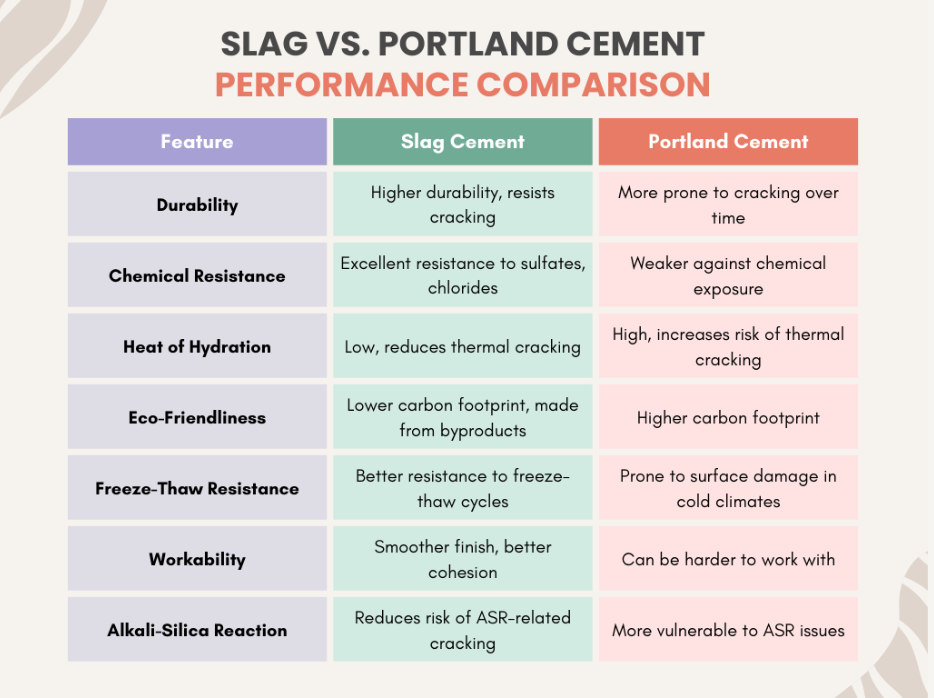
Which Cement Should You Choose for Your
Driveway?
Need speed? Portland cement wins. Sets fast. Costs less upfront. Get the job done. But there’s a trade-off—cracks creep in, repairs follow and maintenance becomes a routine. Short-term savings, long-term headaches.
Want a concrete driveway built in Dallas that ages like fine wine? Slag cement is your pick. Built to last. Fight off cracks, chemicals, and whatever the weather throws at it. Takes its time to gain strength, but when it does? It’s a fortress. Patience pays off. And if you're ready to pour, be sure your project is set up for success. Here’s a step-by-step guide to proper concrete driveway installation in Dallas.
Final Verdict: Slag Cement vs. Portland Cement
Need a driveway that’s good to go—fast? Portland Cement delivers. Cures quickly. Costs less. But speed comes at a price. Freeze-thaw cycles? They chip away. Chemicals? They eat right through it. Expect touch-ups, sealing, and repairs down the line.
Want a driveway that shrugs off wear and tear like it’s nothing? Slag cement is built differently. Cracks? Fewer. De-icing salts? No problem. Extreme weather? Bring it on. It’s made from industrial byproducts, so it’s greener and tougher. Less raw material waste. More longevity.
Think long-term. Driveway fixes aren’t pocket change. Slag cement takes its time to reach full strength. But once it does? It’s rock-solid for years. Fewer headaches. Less maintenance. More money saved. That’s why pros who know their concrete go slag every time. If you're still not sure, check out these expert tips to boost driveway durability and get the most from whichever mix you choose.
Need Expert Advice?
Are you stuck on which cement mix to choose? Don’t guess—get expert advice. Call or message us today and let’s figure it out.
We break it down based on your exact needs. Your climate. Your budget. Your long-term plans. Because the right mix isn’t just about today. It’s about avoiding costly repairs tomorrow.
